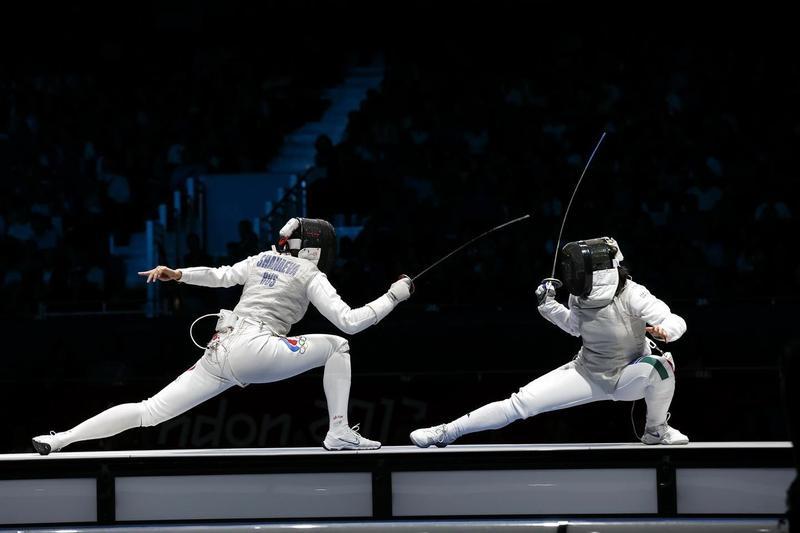10 Reasons Why Fencing is Good for Your Health
10 Reasons Why Fencing is Good for Your Health
Fencing is an exquisite current game that appreciated by individuals around the globe since medieval times. It’s a test both genuinely and strategically between two adversaries that look like fencing in the eighteenth century. Utilizing weapons called _“foil, epee, and saber-fencers score”_ focuses by hitting each other on assigned zones on the body while moving to and front on a long strip. It’s one of the quickest Olympic games so stay aware of these best 10 medical advantages of fencing!
Strength and Endurance: Fencing includes serious footwork to keep a distance from the rival, requiring rate and adaptability. Since fencing sessions include numerous assaults and counterattacks, a fencer needs top solid perseverance to abstain from getting exhausted before getting a point.
Expanded Anaerobic Fitness: Fencing is a touchy beginning/stop sport where times of focused energy action are mixed by brief times of recuperation. Fencing will help build up the body’s capacity to perform movement free of oxygen utilization. As the body’s anaerobic wellness improves, it can work more enthusiastically and for more before lactic corrosive develops in the muscles and powers them to back off or stop.
Underscores dexterity, sharpness, and perseverance: The specialty of fencing requires snappy responsive developments to counter assaults from an adversary and to put the rival on edge. This requires the psyche and body to stay lithe and alert.
Expanded Mental Agility: Fencing is frequently alluded to as actual chess because of the rationale and methodology strategies behind the developments. It upgrades logical and key abilities by accentuating a cool and ascertaining way before enthusiasm and extemporization. Matches are won on split-second physical and mental perceptions of an adversary’s abilities and fencing character, regardless of whether detached or forceful.
Expanded Flexibility: Fencing requires the utilization of a wide scope of movement to react and avoid restricting assaults. The center, arms, and legs all build up a decent arrangement of adaptability in fencers.
Stress Reduction: Because it is both a physical and mental game, it is very pressure lessening. The brain is centered around a game, and the body is delivering feel-acceptable endorphins, bringing about a mutually advantageous arrangement all things considered.
Expanded Aerobic Fitness: Fencing underpins heart wellbeing and psychological wellness by expanding oxygen in the blood and delivering endorphins that lead to a positive feeling of prosperity. The additional oxygen delivered in the blood likewise elevates course, help the resistant framework, and improve the body’s capacity to eliminate poisons, for example, carbon dioxide and lactic corrosive.
Cardiovascular Health: As the respiratory rate increments and extends during a match, the oxygen levels in the blood rise. At the point when the pulse builds, the little veins, or vessels, enlarge. By doing so consistently, it makes the heart more grounded, siphoning blood all the more effectively in any event, when not working out.
Expanded Balance: Since fencing is a hostile and guarded game, balance is critical. The steady movement fortifies the center and expands balance in everyday life also.
Expanded Coordination: Unlike cyclic games, for example, running and paddling, fencing requires the body to move in full reach, compelling arms and legs to cooperate in an amicable style as they assault, shield, and counter assault. Coordination takes every one of these actions smoother and more productive during a match.
Be the first to post a message!
